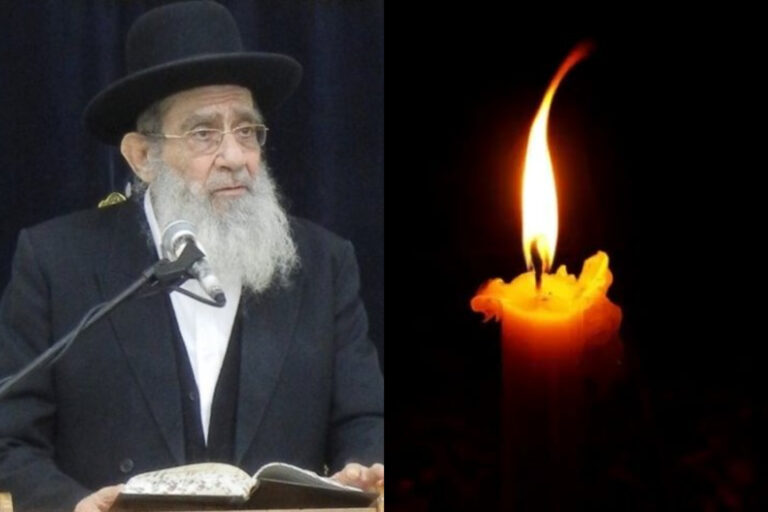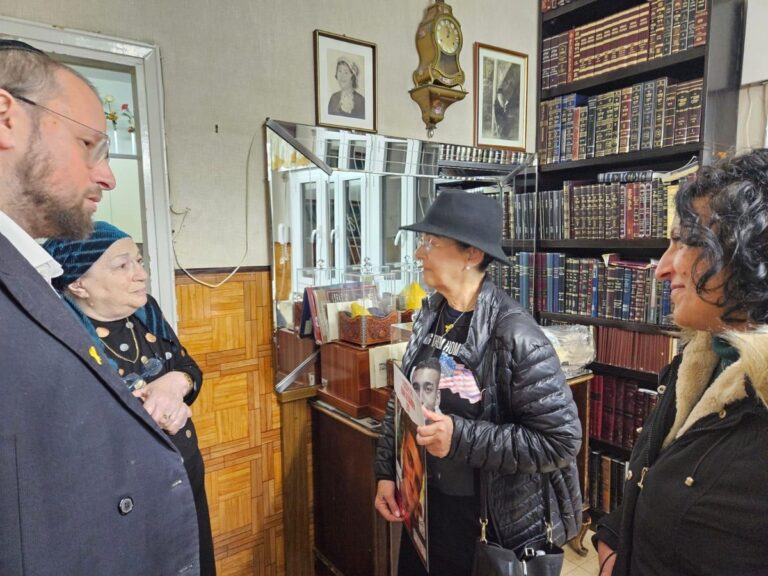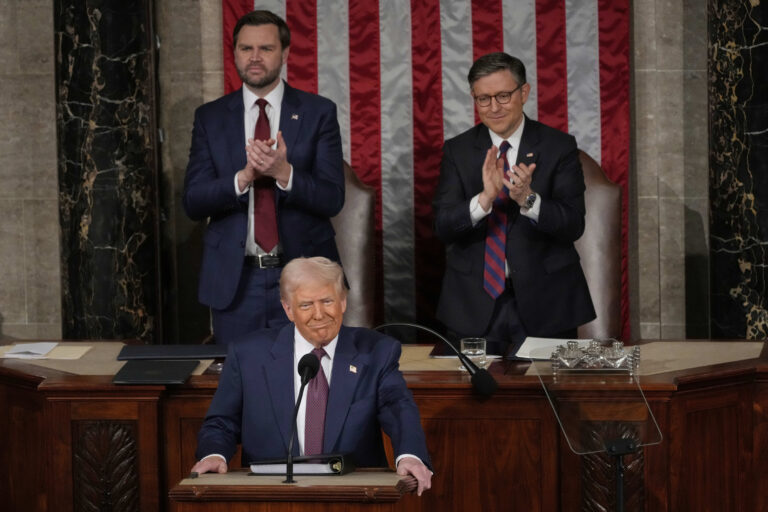 After a long and chilly four years, Barack Obama hopes to reset his relationship with Israeli Prime Minister Benjamin Netanyahu when he makes his first trip to Israel as president this spring.
After a long and chilly four years, Barack Obama hopes to reset his relationship with Israeli Prime Minister Benjamin Netanyahu when he makes his first trip to Israel as president this spring.
Obama won’t be carrying any big new Mideast peace plans when he embarks on the trip, which will also include a stop in the “Palestinian territories”, officials say. But repairing the relationship with Netanyahu, a key ally with whom Obama has often been at odds, could itself be a crucial step toward reopening a pathway to peace in the region.
In his meetings with Netanyahu and Palestinian leaders, Obama will stress the importance of getting the parties back to the negotiating table. But U.S. officials caution that no breakthroughs are expected to emerge during the president’s trip and reviving the peace process in the near term is not seen as realistic by the Obama administration.
“That is not the purpose of this visit,” White House spokesman Jay Carney said Wednesday.
Despite the deep ties between the U.S. and Israel, traveling to Jerusalem is always a tricky prospect for American presidents, given that their visits often raise expectations for U.S.-brokered peace deals. Only four U.S. presidents have visited Israel since the country was formed: Richard Nixon, Jimmy Carter, Bill Clinton and George W. Bush, who visited twice in the final year of his presidency.
Seeking to temper expectations, the White House is emphasizing that the president’s focus will be brokering a new beginning with his Israeli counterpart. Both men are freshly re-elected and stuck with each other for the foreseeable future, though each may have hoped for a new negotiating partner.
Obama will enter the one-on-one talks in a position of some strength, having solidly won re-election in November by defeating Republican Mitt Romney, whom the Israeli leader all but publicly endorsed. Netanyahu, despite embarking on his third term as prime minister, was weakened by last month’s Israeli elections. A new centrist party had an unexpectedly strong showing, and that probably will force Netanyahu to form a coalition government in the coming weeks.
Eytan Gilboa, an expert on U.S.-Israel relations at Israel’s Bar Ilan University, said the talks between the two leaders “could lead to a new page in American-Israeli relations, and personal relations between Obama and Netanyahu.”
Obama and Netanyahu last met in person in Washington last March, though they have spoken by phone several times since.
The tensions between the two leaders bubbled up early in Obama’s first term. On one visit to Washington, Netanyahu lectured the president on the pitfalls of peacemaking, and gave a speech to Congress in which he appeared to be rallying support against Obama. And Netanyahu’s election-season praise for Romney, a longtime friend of the Israeli leader, irked the White House.
Obama and Netanyahu have also differed on key policies, most notably Israel’s continued settlement building in the Palestinian territories and plans for responding to Iran’s disputed nuclear program. Netanyahu has pressed for swift action, including perhaps a military attack, against Iran, whose leaders have called for Israel’s destruction. Israeli leaders have also said they could use military force against Iran unilaterally without first alerting Washington, despite the likelihood that the U.S. would be drawn into the conflict that could follow.
Obama’s preference for using economic sanctions and diplomatic pressure, not military force, against Iran has also raised suspicions in Israel about his level of support for the Jewish state.
Part of Obama’s mission during his trip will be to change that impression among the Israeli people, said Dennis Ross, who served as a Middle East adviser to Obama. Ross said connecting with the Israeli people could give Obama more space for dealing with Iran and will “signal that he’s still interested in peace to those who think he’s given up on it.”
Obama sought to restart peace talks in 2011, but the effort collapsed within weeks. Palestinians refuse to resume negotiations unless Israel stops building settlements in the West Bank and East Jerusalem. Netanyahu says talks should resume without any preconditions, and he has even allowed stepped-up construction in the territories since the United Nations moved to recognize a de facto state of Palestine in November.
The White House hasn’t officially announced dates for Obama’s trip, though Israeli media said the president is due there on March 20. In addition to his stop in the West Bank, Obama will also visit Jordan, a key U.S. ally in the region that could help persuade Palestinian Authority President Mahmoud Abbas to engage in peace talks.
Newly sworn in Secretary of State John Kerry is expected to visit Israel, the Palestinian territories and other countries in the region this month to lay the groundwork for Obama’s trip. Kerry also spoke with Netanyahu and Abbas over the weekend to reaffirm the U.S. commitment to the peace process.
Beyond discussing Iran and the status of peace talks, Obama and Netanyahu are expected to discuss the violence in Syria and the political tumult in Egypt, the first Arab country to have a peace treaty with Israel.
Dan Shapiro, the U.S. ambassador to Israel, described Obama’s regional agenda in Israel as “very urgent.”
(AP)











One Response
I’d be leery, very leery. I’ll wait and see what Obama does first before I believe this.